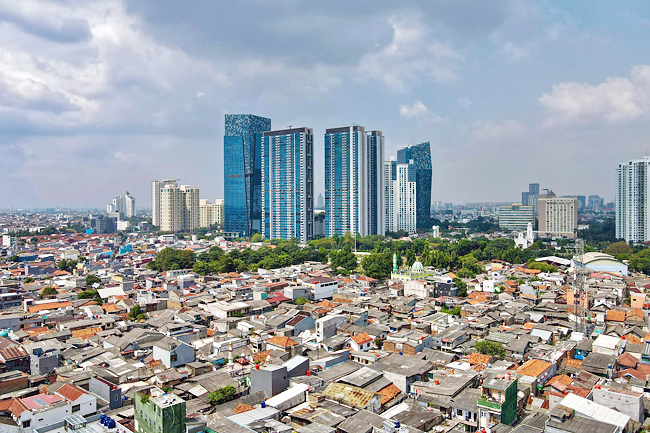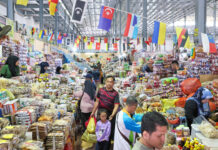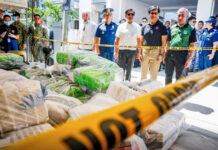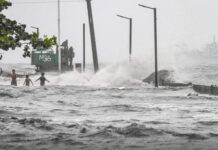BANDUNG (BERNAMA) – Indonesia will soon impose up to a 200-per-cent import tariff on Chinese goods, reported ANTARA.
Indonesia’s Trade Minister Zulkifli Hasan said on Friday that the policy will take effect once the related regulation is issued.
He explained that Western tarriffs are causing an oversupply in China as their products face rejection by Western countries, forcing them to redirect exports to other markets like Indonesia.
Tariffs for Chinese-made products would range from 100 to 200 per cent, Hasan noted.
“The United States can impose a 200-per-cent tariff on imported ceramics or clothes; we can do it as well to ensure our micro, small and medium enterprises and industries will survive and thrive,” he remarked.
A new ministerial regulation is being drafted to address concerns raised by stakeholders about the inadequacies of earlier regulations regarding protecting local industries from the influx of Chinese-made products.

Trade Minister Regulation Number 37 of 2023, the first of such regulations, established import control through a post-border mechanism and checks for imported products.
The regulation also limited carry-on tax-free personal products for returning Indonesian migrant workers to USD500 for only 56 products.
“Regulation Number 37 was capable of restricting and controlling imports,” Hasan emphasised.
However, the new arrangement resulted in a backlog in customs inspections due to additional checks on migrant workers’ luggage.
“Our migrant workers were furious, and our customs agency was underprepared to manage the increased volume of products,” he stated.
To address this issue, the government amended the regulation through Trade Minister’s Regulation Number Seven of 2024, which abolished the tax-free restriction on 56 products.
However, the bottleneck persisted, with cargo containers piling up at various ports.
This led to Trade Minister’s Regulation Number Eight of 2024.
“But again, our industries, particularly textiles, complained and requested the return of Regulation Number 37,” Hasan said.



















































